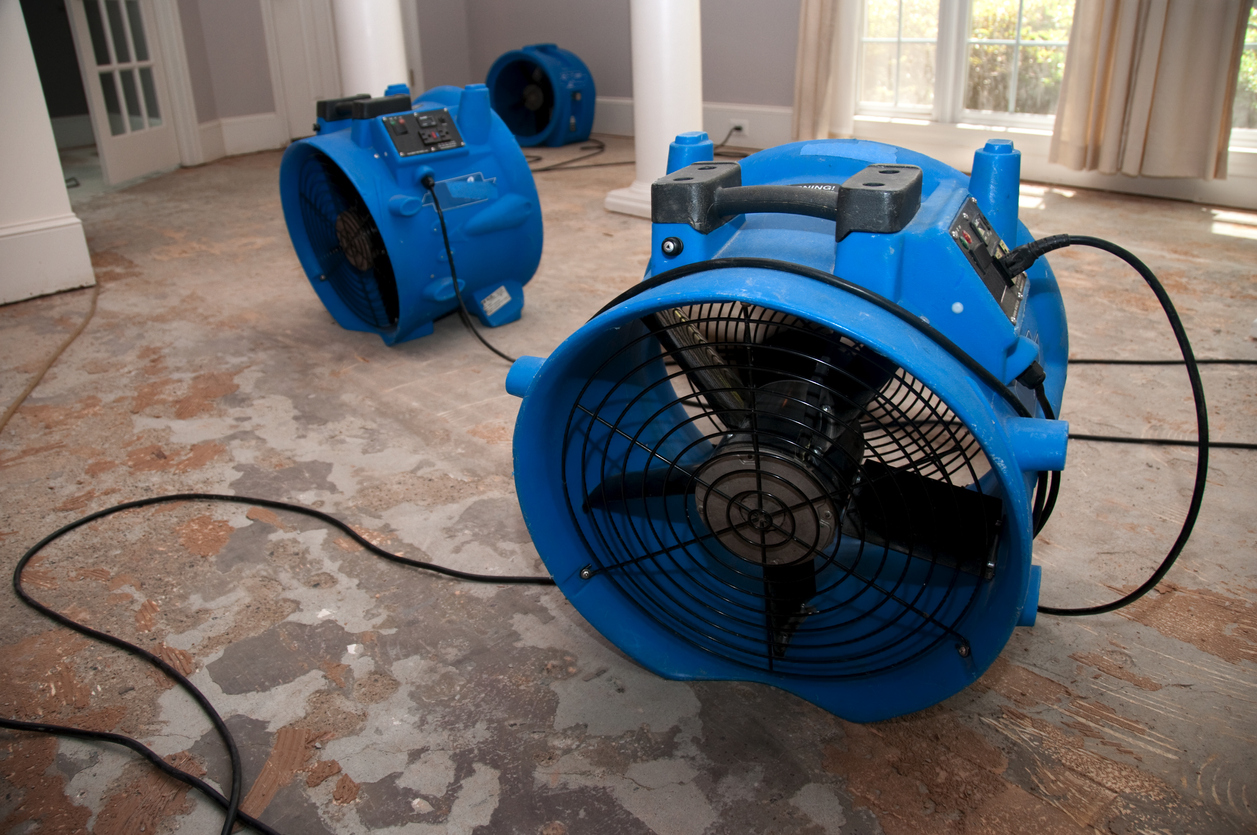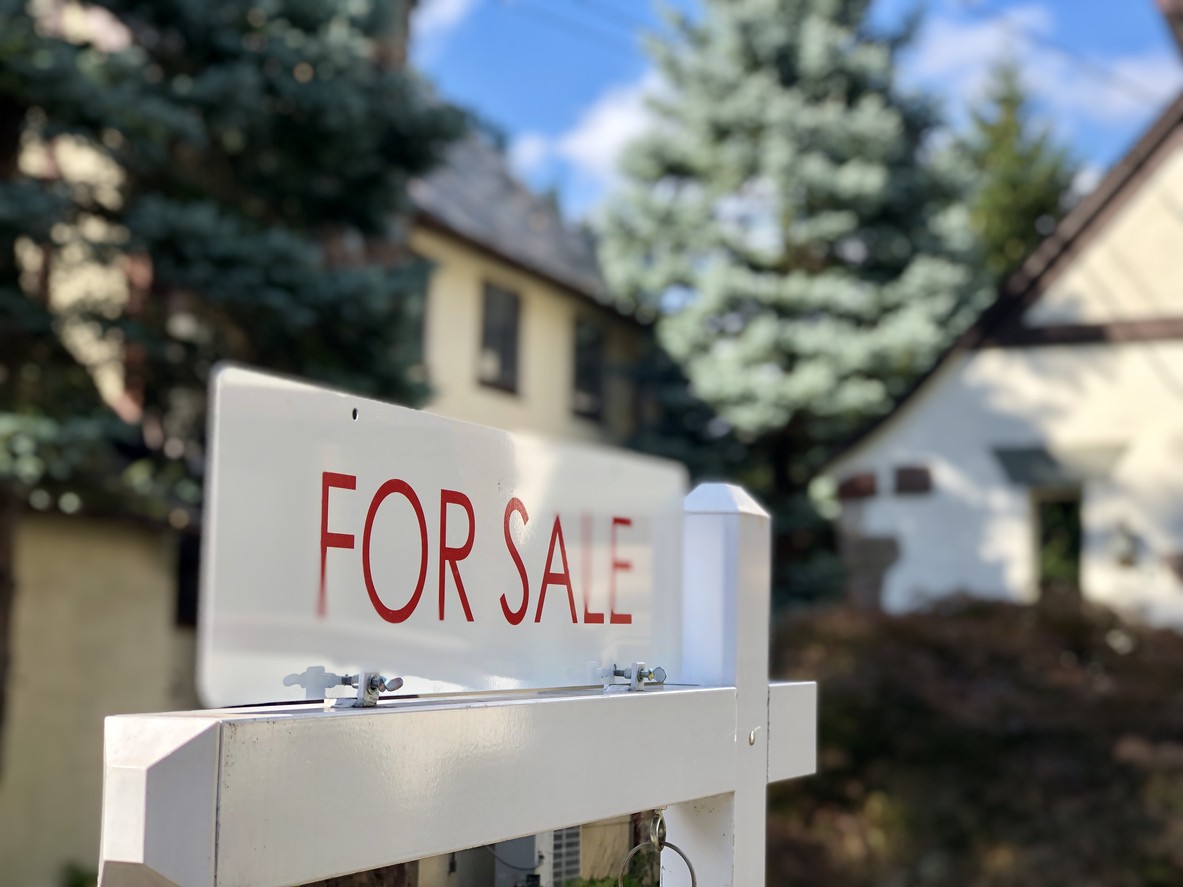Most property owners are well aware of the need for insurance. Homeowners’ insurance policies cover potential losses or damages resulting from fire, theft, and other risks. In the same way, builder’s risk insurance protects properties that are still undergoing construction. But what insurance options are available for vacant or unoccupied houses?
Some owners may be unaware of this, but insurance is just as essential for vacant and unoccupied homes as for houses with people living in them. Without adequate insurance, owners risk considerable financial losses resulting from theft, vandalism, accidents, and natural calamities.
Furthermore, standard home insurance won’t necessarily protect your vacant property. If your home has been left unoccupied for an extended period‒or you haven’t ever lived there‒your existing property insurance may not cover potential losses or damages. Therefore, you may need to obtain a vacant home insurance policy to fill the gap.
Vacant home insurance defined
Vacant home insurance essentially covers losses or damages that may occur with unoccupied residences. Whether they are being remodeled or renovated doesn’t matter, as long as they are unoccupied.
These insurance policies are generally intended for empty houses with no personal belongings left inside. This differentiates vacant properties from unoccupied ones, the latter being homes with household items still in them and can be lived in any time the owner wishes to return.
That being said, some policies allow for some items to be left on the property subject to certain conditions. But in general, vacant home insurance covers properties that are empty and not readily livable under normal circumstances.
Vacant home insurance is also different from standard home insurance, which is intended for properties that the owners live in. This type of insurance coverage applies for as long as the owner lives on the property.
Insurance firms differ with regard to how long a home can remain unoccupied before it is considered ‘vacant’. Some companies consider the home vacant if it is not lived in for 30 days or more. Others require a home to be unlived in for at least 60 days.
Coverage of vacant home insurance
Vacant home insurance covers homes against many risks covered by standard homeowners’ insurance policies. Most will cover incidents such as the following:
- Fire and smoke damage
- Theft
- Wind, storm, or hail damage
- Lightning strikes
- Explosions
- Vandalism
Most vacant home insurance claims stem from incidences of vandalism. Other common reasons for filing such insurance claims are fire and smoke damage, water damage (often from plumbing or sprinkler leaks), and lightning strikes. Claims are also sometimes filed due to personal injuries occurring on the property.
Keep in mind that these risks may not all be covered by vacant home insurance, at least in its standard form. However, they will be covered via add-on options to the standard policy in most cases.
Who should get vacant home insurance?
Vacant home insurance isn’t necessary for all cases wherein the home is left unoccupied. If you plan to leave the house unoccupied for only a short period, your existing home insurance policy may provide adequate protection against loss or damage.
In general, vacant home insurance is only necessary if you anticipate that the house will remain empty for a long time. In particular, you will need this type of insurance under the following circumstances:
- You are selling the home after you’ve already moved into a new one
- It is a rental property that remains vacant for several months during the off-season
- Renovation or repair work makes the home temporarily unlivable
- You are confined to a hospital for an extended period
- It is a vacation home that you only use occasionally
- You will be traveling for several weeks or months
- You will be leaving the house vacant during active duty military service
A vacant home is just as much at risk for theft, vandalism, and damage as occupied property. It could even be argued that they are more vulnerable than occupied homes simply because no one is around to thwart thieves or intruders.
There are also other risk exposures to consider due to the absence of anyone that can detect properties or alert law enforcement personnel, firefighters, or repair professionals. Considering the risk of leaving a property vacant for extended periods, getting vacant home insurance is essential.
About Snyder Specialty
Snyder Specialty, LLC is a New York-based underwriting facility that provides a range of property and liability solutions for personal and commercial lines. Specializing in coastal properties and hard-to-place risks, Snyder Specialty expands your current capabilities with proven solutions for complex risks. Find out more about the company’s range of services by calling (718) 362-8039.



